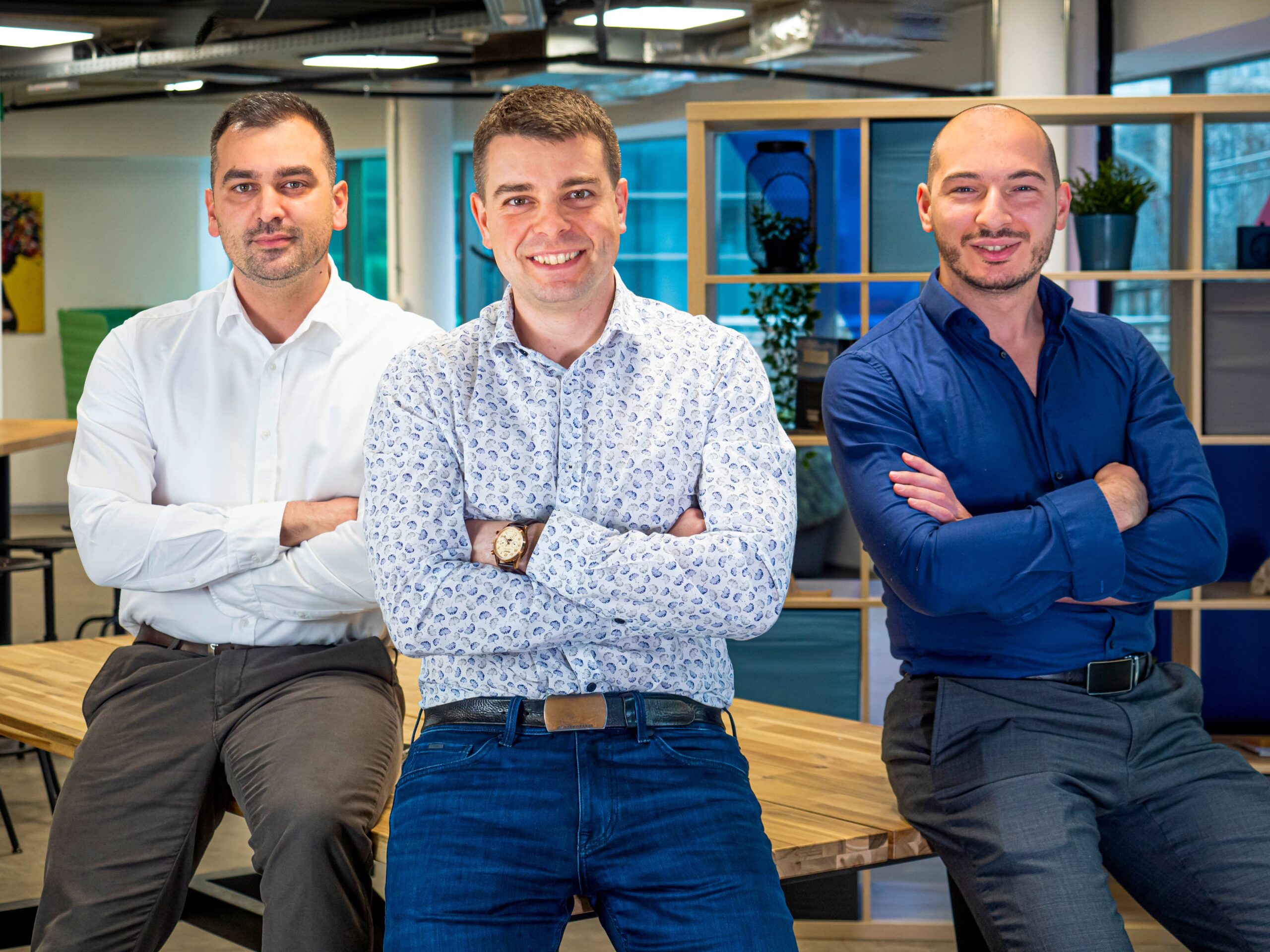
- Cloud-based software solutions provider MeridianLink acquired digital lending technology provider StreetShares.
- MeridianLink will leverage StreetShares’ Atlas Platform, an embeddable digital lending environment for banks.
- Terms of the deal were not disclosed.
Cloud-based software solutions firm MeridanLink acquired small business lending technology provider StreetShares this week. Terms of the deal were not disclosed.
StreetShares was founded in 2014 to serve as an alternative lending option for military veteran-owned small businesses. In 2019, the Virginia-based company pivoted, launching digital small business lending technology for banks and credit unions after piloting the offering with USAA in 2018.
The new tool, the Atlas Platform, enables banks to embed a digital business lending environment in 45 days or less. The platform enables community lenders to leverage their data to deliver a digital banking product experience to their small business customers. StreetShares built the platform specifically to serve the unique needs of small businesses and assist lenders with challenges such as underwriting.
“StreetShares’ commitment to providing lenders across the U.S. with state-of-the-art business lending capabilities, including business loans, automated decisioning, and business lines of credit, aligns with our focus on empowering more banks and credit unions to better serve consumers and communities,” said MeridianLink CEO Nicolaas Vlok. “Adding the StreetShares team, technology, and strong partnerships with organizations like Fiserv to the MeridianLink family will accelerate our small business lending capabilities and further strengthen our MeridianLink One platform.”
MeridianLink, which is owned by private equity firm Thoma Bravo, was founded in 1998 and offers cloud-based technology to its 1,900 financial institution clients. Nicolaas Vlock is CEO of the firm, which is listed publicly on the New York Stock Exchange under the ticker MLNK and has a market capitalization of $1.47 billion.











